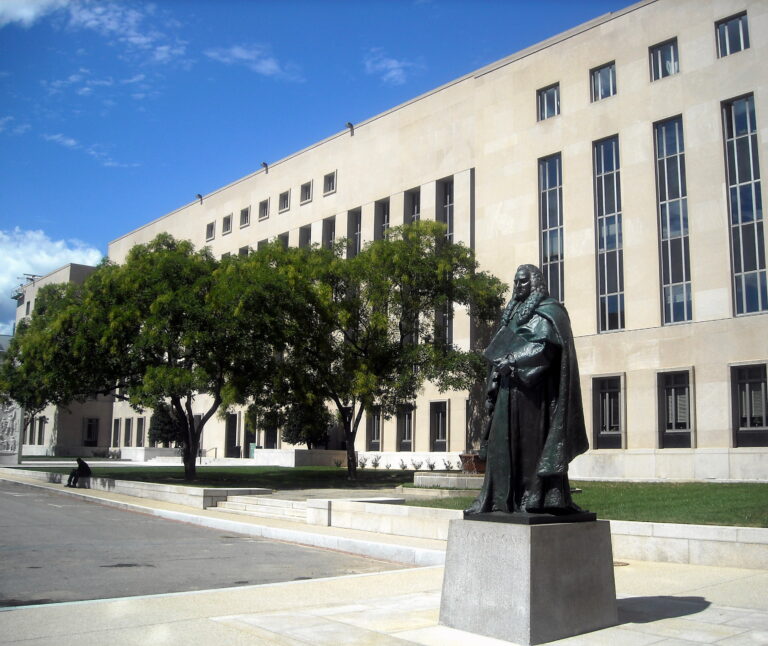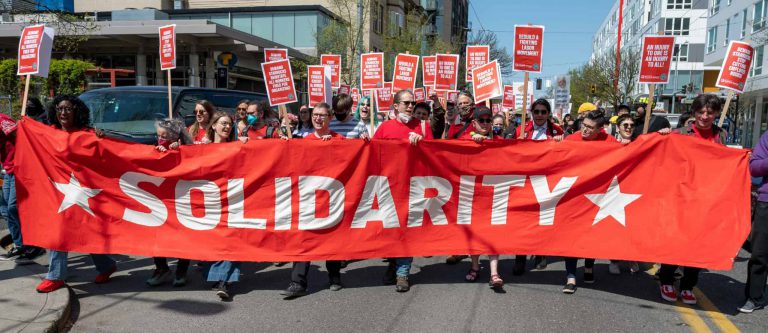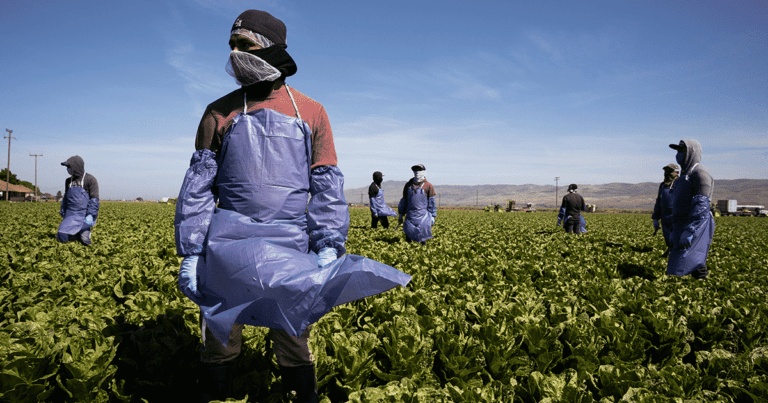
Benjamin Sachs is the Kestnbaum Professor of Labor and Industry at Harvard Law School and a leading expert in the field of labor law and labor relations. He is also faculty director of the Center for Labor and a Just Economy. Professor Sachs teaches courses in labor law, employment law, and law and social change, and his writing focuses on union organizing and unions in American politics. Prior to joining the Harvard faculty in 2008, Professor Sachs was the Joseph Goldstein Fellow at Yale Law School. From 2002-2006, he served as Assistant General Counsel of the Service Employees International Union (SEIU) in Washington, D.C. Professor Sachs graduated from Yale Law School in 1998, and served as a judicial law clerk to the Honorable Stephen Reinhardt of the United States Court of Appeals for the Ninth Circuit. His writing has appeared in the Harvard Law Review, the Yale Law Journal, the Columbia Law Review, the New York Times and elsewhere. Professor Sachs received the Yale Law School teaching award in 2007 and in 2013 received the Sacks-Freund Award for Teaching Excellence at Harvard Law School. He can be reached at [email protected].
Jake Gersen and I have an op-ed in today’s New York Times arguing that the law should recognize “food workers” as a legal category and then offer a set of heightened employment protections to this class of employees. (Jake is a professor at HLS and the founder and director of the Harvard Food Law Lab. Jake and I are collaborating on academic work at the intersection of food law and employment law.) The full NYT op-ed is here, and excerpts are below:
Every year, 5.5 million people are sickened by norovirus, a highly contagious gastrointestinal bug. According to the Centers for Disease Control and Prevention, norovirus is the leading cause of food-borne illness in the United States and is spread primarily by “infected food workers.” Last year cooks, waiters and other workers were involved in about 70 percent of the outbreaks.
This is just one example of the critical role that food workers play in our nation’s economic and public health systems. And yet, while we often tailor employment rules for work that has a special impact on the public, the law has yet to recognize food workers as a distinct class — an approach that harms consumers, the economy and the workers themselves.
. . . .
All food workers are on the front lines of the vast food-production industry, and regularly witness dangerous breaches in safety procedures.
Take farm workers who witness the processing of infected (or “downer”) cows — an illegal but, unfortunately, not uncommon practice that risks spreading a host of diseases to humans. Or workers in poultry-processing facilities, where safety and hygiene regulations are flouted, thus increasing the risk of salmonella, which every year results in more than one million illnesses, more than 350 deaths and over $3 billion in health care and lost productivity costs. Unless we offer specific legal protection for all food workers who come forward to expose such practices — something the law does not do now — we all are at risk.
We should also adjust many of our standard workplace rules to take account of the special nature of food production. To avoid the transmission of bovine spongiform encephalopathy, which causes mad cow disease, workers involved in the processing of beef must fully and carefully remove the dorsal root ganglion, a part of the spinal nerve, from all cattle that are 30 months old or older. That’s because these dorsal root ganglia can contain the infective agent behind B.S.E.
This is high-stakes stuff, and we should make absolutely sure that the workers responsible for doing it aren’t too worn out, or working too fast, to do it right. That means rethinking rules about line speeds, paid break time, union-organizing protections, vacations and, of course, training requirements.
. . . .
Once federal law recognizes food workers as a distinct legal category, it could then regulate food work and offer distinct protections to food workers. Such a move would not be entirely unprecedented in the law: We already treat nuclear workers, airline pilots and truck drivers differently because of the special nature of their work.
When it comes to food workers, some of the new protections would extend to everyone in the industry: Whistle-blower protections, for example, should be available to all food workers who report on practices related to food safety. Other protections might be more relevant to some food workers than others: Paid break and vacation time along with maximum hours, for example, seem potentially more critical in slaughterhouses than in restaurants, while paid sick leave might be more relevant in restaurants than in slaughterhouses.
Food workers are distinct from other workers in ways that are critical to food safety and public health, and they ought to be protected by the law in new ways. Otherwise, we run the risk that workers — charged with producing our food — will be unable to protect public safety.






Daily News & Commentary
Start your day with our roundup of the latest labor developments. See all
April 24
NLRB seeks to compel Amazon to collectively bargain with San Francisco warehouse workers, DoorDash delivery workers and members of Los Deliveristas Unidos rally for pay transparency, and NLRB takes step to drop lawsuit against SpaceX over the firing of employees who criticized Elon Musk.
April 22
DOGE staffers eye NLRB for potential reorganization; attacks on federal workforce impact Trump-supporting areas; Utah governor acknowledges backlash to public-sector union ban
April 21
Bryan Johnson’s ULP saga before the NLRB continues; top law firms opt to appease the EEOC in its anti-DEI demands.
April 20
In today’s news and commentary, the Supreme Court rules for Cornell employees in an ERISA suit, the Sixth Circuit addresses whether the EFAA applies to a sexual harassment claim, and DOGE gains access to sensitive labor data on immigrants. On Thursday, the Supreme Court made it easier for employees to bring ERISA suits when their […]
April 18
Two major New York City unions endorse Cuomo for mayor; Committee on Education and the Workforce requests an investigation into a major healthcare union’s spending; Unions launch a national pro bono legal network for federal workers.
April 17
Utahns sign a petition supporting referendum to repeal law prohibiting public sector collective bargaining; the US District Court for the District of Columbia declines to dismiss claims filed by the AFL-CIO against several government agencies; and the DOGE faces reports that staffers of the agency accessed the NLRB’s sensitive case files.